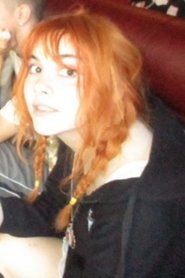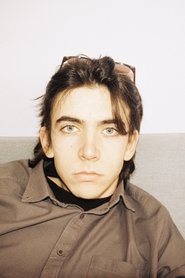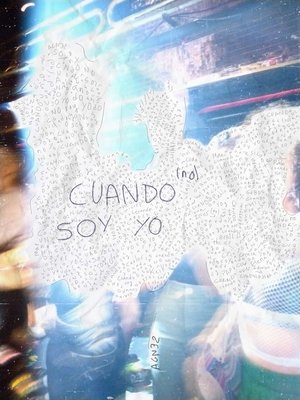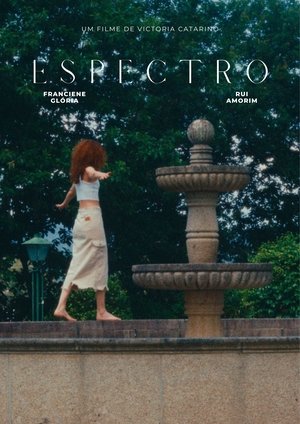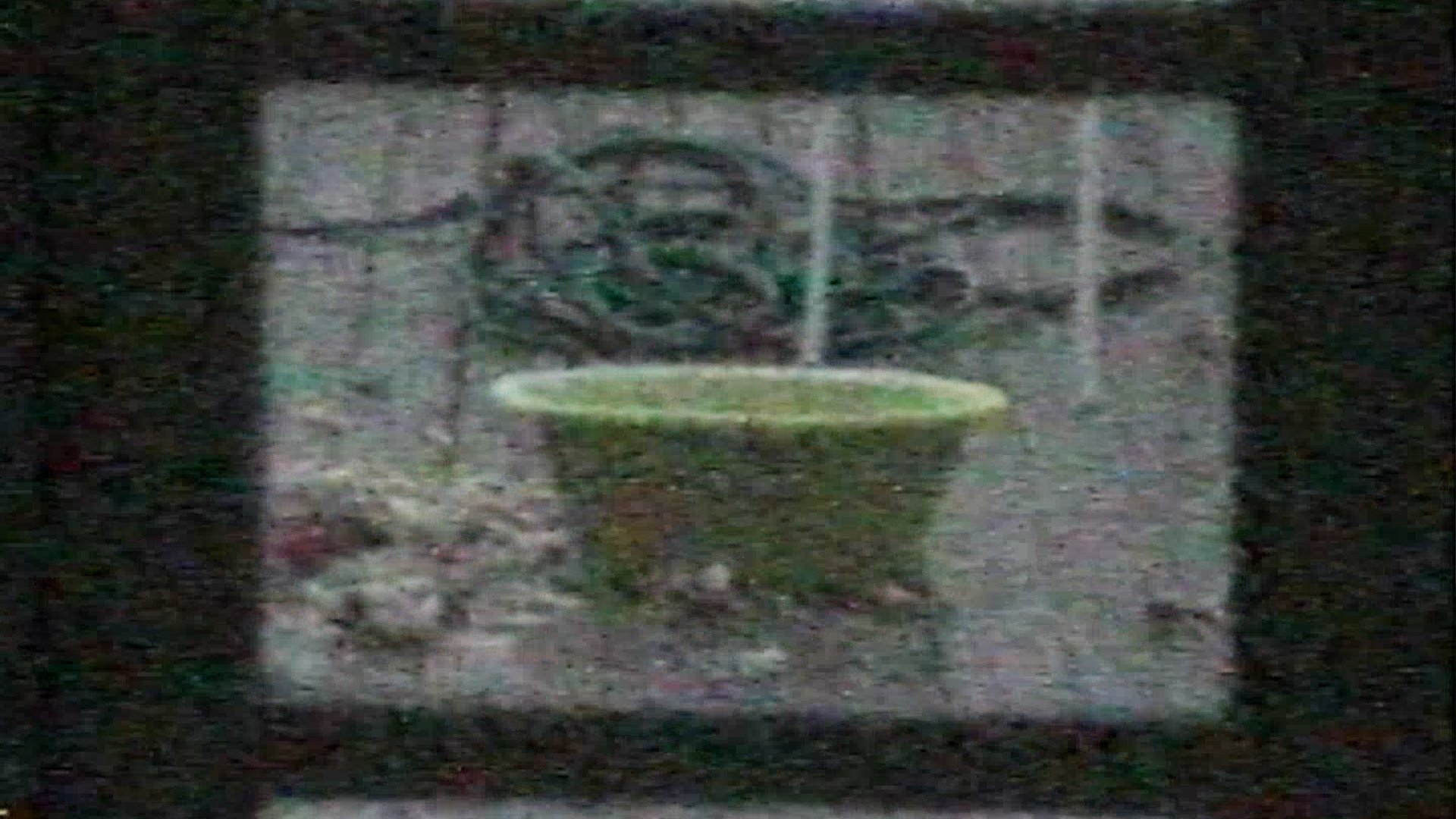
Basin of Souls
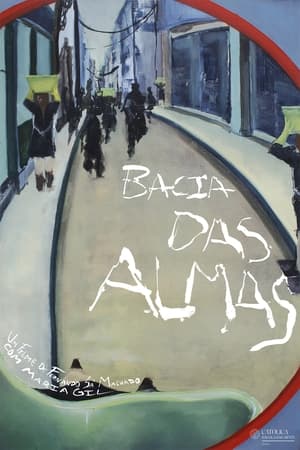
Bacia das Almas
HomePage
Overview
Rua de Santa Catarina, a street that was formerly home to dozens of local businesses and hundreds of Porto residents, now sees a crowd of tourists attracted by the cheap, disposable amenities that are popping up everywhere at once. Gentrification has decontextualized Portuguese culture, rendering the landscape uncanny. The Basin Woman, a symbol of the female workers of the historic Bolhão Market, is chased down by seagulls in the midst of this transcendent chaos.
Release Date
2024-10-24
Average
0
Rating:
0.0 startsTagline
Genres
Languages:
Keywords
Similar Movies
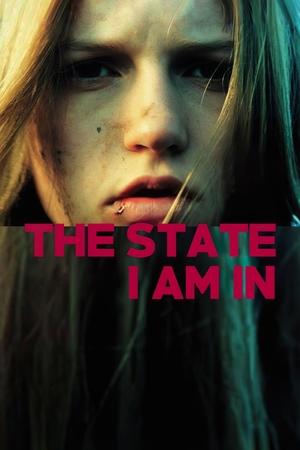 6.8
6.8The State I Am In(de)
Clara and Hans are left-wing terrorists who have been sought by police for almost fifteen years. Their increasingly rebellious daughter Jeanne begins to pose a threat to their security when she falls in love with a boy she meets on the beach.
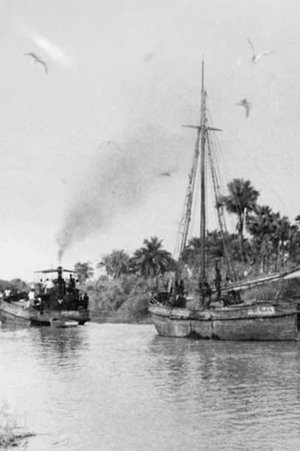 0.0
0.0Time to Change(pt)
Angolan director and screenwriter Pocas Pascoal reminds us that it’s time for a change, proposing through this film a look at colonialism, capitalism, and their impact on global biodiversity. We observe that the destruction of the ecosystem goes back a long way and is already underway through land exploitation, big game hunting, and the exploitation of man by man.
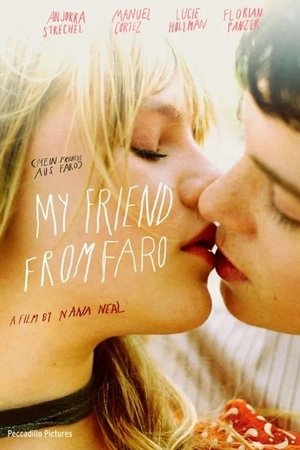 5.5
5.5My Friend from Faro(de)
Eternal daydreamer Mel can't wait to quit her sucky catering job and fly to her dream destination: Portugal. Things change when the beautiful Jenny literally crashes into her life when Mel nearly runs her over in her classic BMW. It is love at first sight, however there is just one problem: Jenny mistakenly assumes Mel to be a boy. Despite this, the pair become boyfriend and girlfriend. With Mel attempting to disguise her true gender at every turn, her journey from tomboy to out lesbian is fraught with life-defining dilemmas and sweet surprises.
 0.0
0.0Bounded Intimacy(en)
Bounded Intimacy (part of the trilogy of Super 8mm shorts It’s Just Business, Baby) examines the histories of various forms of body labor across the Chelsea and Tribeca districts, renowned as a sites for sex work, sex clubs and illicit sexual activity. Bounded Intimacy explores the seduction of a nameless woman and the camera. The relationship between the two remains unknown and ambivalent as to whether or not the encounter is “authentic.” The nature of their relationship is irrelevant as the camera captures the authenticity of the desire in the encounter between the two. (Ayanna Dozier)
 0.0
0.08 Portraits, Scenarios: Death of Reality, Fiction, Truth & Lies(en)
A director attempting to create an unconditionally truthful film becomes obsessed with the topic of death. In an intrusive way he relentlessly pushes dark scenarios of death aimed at his portraitures, creating a tension ridden and emotional set, blurring the lines of experimental docu-fiction drama.
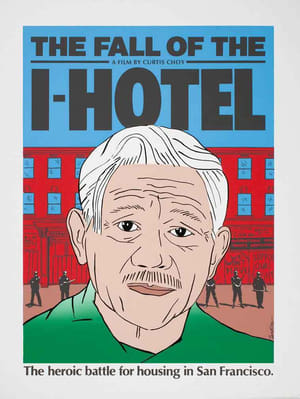 0.0
0.0The Fall of the I-Hotel(en)
The Fall of the I-Hotel brings to life the battle for housing in San Francisco. The brutal eviction of the International Hotel's tenants culminated a decade of spirited resistance to the razing of Manilatown. The Fall of the I-Hotel works on several levels. It not only documents the struggle to save the I-Hotel, but also gives an overview of Filipino American history.
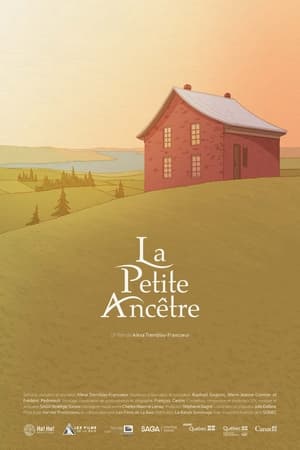 3.0
3.0The Little Ancestor(xx)
An ancestral house builds itself, comes to life, and shows us its story spanning one hundred fifty years. Through the ages, it allows us to perceive the passage of time.
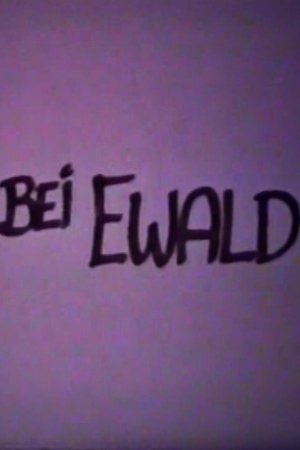 0.0
0.0Bei Ewald(de)
A man sits at the table and eats his meal...with rather unusual effects.
Loucura e Cultura(pt)
Documentary with fragments and records about the boundaries between art and counterculture, based on a debate held at the Museum of Modern Art, Rio de Janeiro, in October 1968.
Suburbia(xx)
From afar, the suburban lifestyle may appear as a sort of utopia; but be sure to gaze beyond the veil, for dire horrors and troubled intimacies will arise in the most unpleasant of forms.
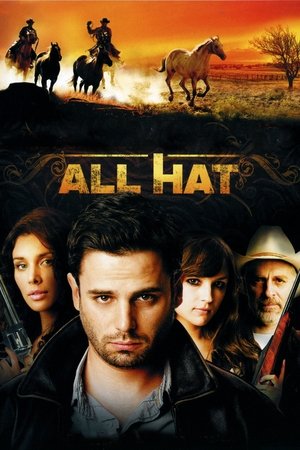 3.1
3.1All Hat(en)
An ex-con returns to his rural Ontario roots and outwits a corrupt and wealthy thoroughbred owner trying to take over a slew of local farms. Ray Dokes, a charming ex-ballplayer, returns from jail to discover the rural landscape of his childhood transformed by urban development. Determined to stay out of trouble, Ray heads to the farm of his old friend Pete Culpepper, a crusty Texas cowboy who trains losing racehorses and whose debts are growing faster than his corn.
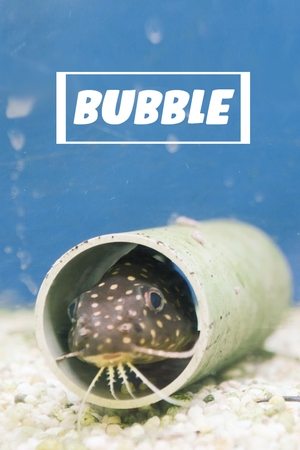 0.0
0.0Bubble(en)
A tropical fish shop in the East End of London, the last of what used to be many. Tiny, watery dramas inside fish tanks accompany the thoughts of local fish-keepers, while father and son Big Tel and Little Tel work to keep the shop alive.
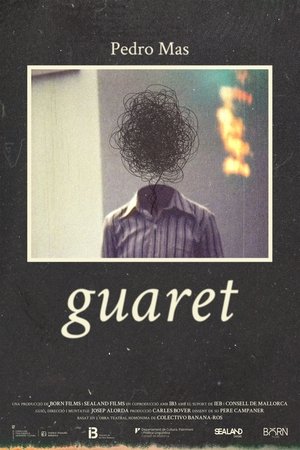 0.0
0.0Guaret(ca)
Pedro is Mallorcan, born to a mother from Burgos and a father from Mallorca. Due to his distant relationship with his father, Pedro doesn't fully master Mallorcan as a language. He turns to the works of Damià Huguet to remember his father, as only his poems can fill the void left by his death. The poet's words transport Pedro to his childhood and his roots, even though many of the words are unknown to him, despite them belonging to his language. This becomes the driving force behind the protagonist's search for his own identity, his origins, what it means to be a man, father-son relationships, collective identity, and "mallorquinness". Pedro constantly questions the emotions stirred by Huguet's poetry, and, most importantly, who he is and where he belongs.
Tower XYZ(en)
Accompanied by a lilting soundtrack, characters wander through London's concrete jungle as the narrator reflects on the current state of the city and her imagined future.
